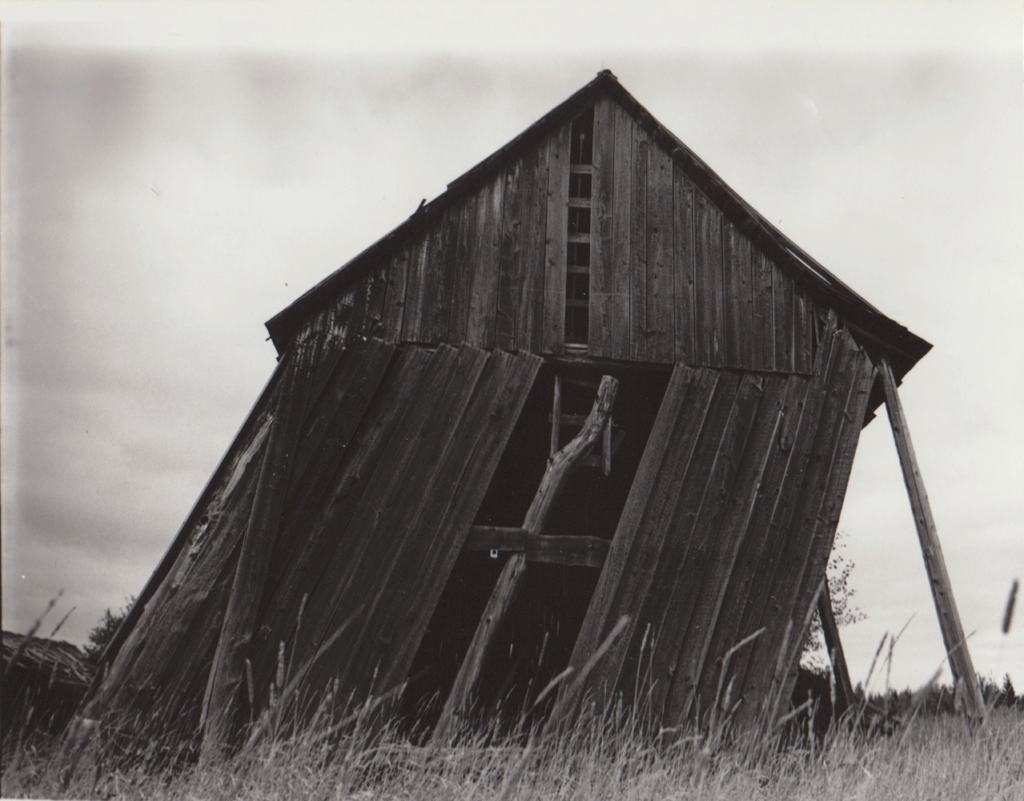A film about a rural Finnish community tucked back in the woods of Baraga County, 82 miles west of Marquette, and a story of the rise and decay of dairy farming and logging sparked a crowd of historians, Yooper-folk and alike in a premiere showing.
Hosted by the Beaumier U.P. Heritage Center (BUPHC), the film “Pelkie: 100 Years of Finnishness in Michigan’s North Woods,” was aired at 1 p.m. on Saturday, Nov. 9, in Jamrich 1100 and followed with discussions led by filmmaker and NMU sociology Professor Michael Loukinen, history Professor Emeritus Jon Saari and BUPHC Director and Curator Daniel Truckey.
The U.P. is known for its tough residents who can tolerate the blizzards and deal with the desolation of rural communities. Among the several ethnic groups who have settled the U.P. terrain, Finnish Americans are among the most prominent. This prompted Loukinen to make a film about the Finnish culture of Pelkie, Michigan, Loukinen said.
“Finnish American rural communities, and all rural communities, have a reputation for neighbors helping neighbors and I thought it was important to study this,” Loukinen said. “The film is made by the Pelkie people. It’s a risky film from the point of view of the filmmaker because it’s pure, oral history. It’s talking heads.”
This oral history documentary depicts three generations of living and deceased, current and former residents who all tell their family stories of what being Finnish meant growing up in the U.P. and how living on a farm shaped their daily lives.
Finns traveled to the United States from the 1890s to the 1920s, and 47% settled in rural communities as a way to get back to the land, Saari noted. The economy was the driver and Pelkie’s natural resources—being located on a watershed with four rivers—allowed for a booming era until the family farms died and the Industrial Revolution took over, Saari said.
Finnish Americans had the skill set to endure the U.P. ruggedness, with just an ax, Saari said.
“There was a saying that only the Finns understood the language of the stumps,” Saari said as the crowd chuckled. “You labor until you can’t work anymore. This ability to stick with it is a part of the ethos of Finland. They were literate but not highly educated, so they didn’t have big options. The countryside was a place where you could have your own little kingdom, you could have your own land and it was much better than being in a mining location.”
Jill Vessels of Marquette said she was surprised by Pelkie’s “symbolic history” even though she had visited the town previously in the past.
“I thought it was very well done and kind of tore at your heartstrings because I think everyone over the age of 30 probably relates to the fact that the world is changing very rapidly. It’s a nostalgic film,” Vessels said. “It kind of reached in, pulled your own childhood up and put it right in your face.”
This film tells the story of a sense of place, the draw of the U.P. and its strong Finnish cultural history, Loukinen said.
“What’s left for Finnish Americans? Probably the arts, humanities, history…cultural traditions and knowledge will have to sustain it because the physical community of people hanging out with one another just isn’t there,” Loukinen said.
































